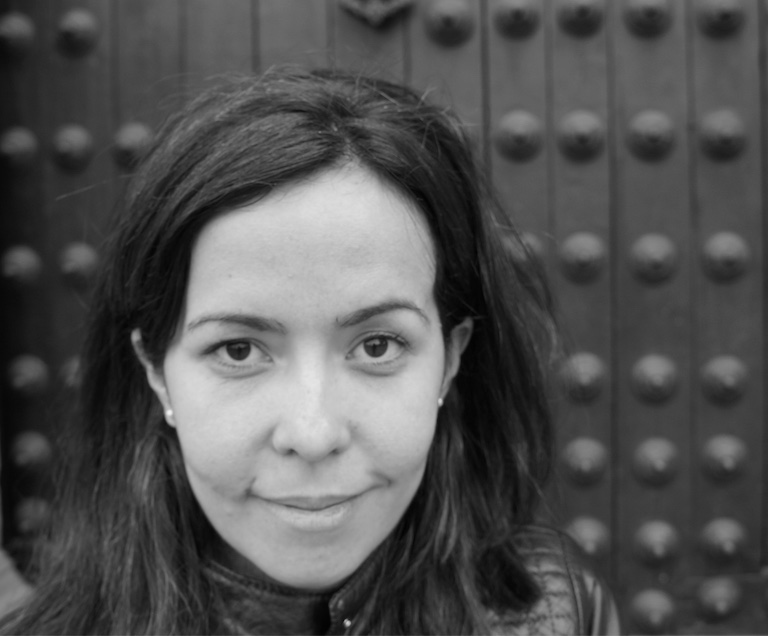More than cash: Brazilian VCs respond to growing demand for smart money

Not long ago, financial resources were pretty much the sole factor that made startup investors stand out in Brazil. On the other hand, new companies sorely needed cash access in a nascent ecosystem. However, that is well and truly in the past, as founders are now looking for more than just capital.
According to numbers from innovation platform Distrito, shortage of cash is by no means an issue for Brazilian startup founders: in 2019, local startups received $2.9 billion in investments. In 2020, there was no shortage of money either: investments reached $ 3.5 billion, up 17% in relation to 2019. Last year, the sector saw another record, with almost $10 billion worth of investments, with competition increasing amid growing interest from foreign investors.
While the idea of smart money has been around in more mature markets for some time, the concept is now gathering pace in the startup community in Brazil. Seen by industry players as a demonstration of the increasing maturity of the Brazilian startup scene, founders are increasingly placing value in that approach and seeking attributes such as industry expertise, solid networking, and availability to support the development of their business as well as their own.
This “package” of sorts contains the factors that will enable companies to think of new business strategies, improved management practices, and ways to develop their workforce and attract and retain clients. In addition, since the Brazilian market is well served in terms of financial resources, funds have to demonstrate to funds that they can bring that added extra, rather than the previous one-way selling process founders got used to.
“When raising money in the past, the handful of funds that existed at the time would normally take two minutes to introduce themselves. And if you got turned down by two out of the five funds available, you had to go home and rethink everything, says Fabian Valverde, president at Paketá. “Nowadays, funds spend the first 20 minutes of meetings selling themselves – and there are a lot of options available.” The fintech has been around since the early 2000s, when the local venture capital industry was still in its infancy.
According to Luiz Guilherme Manzano, partner at VC fund big_bets, Brazil has seen a number of significant macroeconomic changes over the last few years, including a slump in interest rates. “This meant capital has become a lot more abundant, and money itself started to have less value. So business owners need to seek good partners, who will, in fact, help the business grow and sustain itself”, he adds.
José Pedro Cacheado, a partner at Norte Ventures, agrees with Manzano that investors will need to find ways to stand out. “With the increasing maturity of the Brazilian venture capital market and the arrival of a greater number of investors, funds need to find their competitive advantage to differentiate themselves from the competition. That certainly contributes to the increase in the number of funds with a smart money proposal”, he adds.
Cacheado, whose firm invested in relevant names of the Brazilian startup scene such as insurtech Pier and mobility firm Buser, smart money can bring important shortcuts, open doors in places of interest to the investee and bring expertise in specific industries. However, the most significant benefit of smart money to Brazilian investors has been the opportunity to get insights from someone who has gone through the same entrepreneurial journey and challenges that the company’s founder is facing.
Big_bets’ Manzano, adds that an essential factor smart money can bring is perspective. According to the investor, founders all too often become focused on their business and lose sight of the overall market.
Moreover, industry experts see the rise of smart money in Brazil as beneficial to the ecosystem as a whole. According to a study on why startups fail by the innovation and entrepreneurship center of business school Fundação Dom Cabral, at least 25% of startups perish in their first year of life, with half succumbing until the fourth year of operation.
“Smart money helps companies overcome these challenges and contributes to an ecosystem with more successful examples. This lowers the death rate within startups and, more importantly, creates a virtuous cycle. In addition, it attracts new talents to start their businesses, because they see that it is possible to maintain themselves”, says Monica Saggioro Leal, cofounder at Maya Capital.
So what is still missing for smart money to gather additional momentum and relevance in the Brazilian ecosystem? According to Monica, structured funds prepared to adopt this approach are needed. “It’s not about simply injecting money into the company. It’s about being there to help solve problems in the long run. This requires a hands-on approach, dedicating time and effort to the business”, Leal argues.
How smart money is playing out in Brazil
This week, Startups held a reverse pitch event that gathered a pool of early-stage investors, who discussed their strategies and what makes them stand out to the 50+ entrepreneurs present in the audience and remotely. Smart money was a frequent subject in the presentations – here is what some of the fund managers had to say about their approach beyond the provision of capital:
Bossanova Investments: Smart money is at the heart of the operations for the largest micro venture capital in Latin America. The firm invests in startups active in the B2B or B2B2C space, mainly in the pre-seed stage, though it also invests in the seed stage and makes angel investments. “We help with fundraising, and we also have an M&As area, as well as mentoring and strategy, to help startups devise the next steps”, says the fund’s executive director, João Kepler. The company has more than 977 invested startups, 54 exits and over 1,350 investments under its belt.
Atman Capital: Pedro Sorrentino, founder and executive director of Atman Capital, a firm launched last year with a focus on pre-seed and Series A rounds, argues that what makes the difference in terms of smart capital is the creation of a collaborative environment where founders can feel at ease. “We have a community where you can be who you really are, without the fear of sharing the difficulties that come up when you are building a company”, he says.
DOMO Invest: According to Rodrigo Borges, partner and founder at DOMO Invest, a seed-focused VC firm with 75 investments in its portfolio, the firm has a team focused on solving the common pains of early-stage startups, such as networking, scalability of technology businesses and hiring talent. “We have an advisory approach, in addition to specialists dedicated to creating a community, talking to entrepreneurs and bringing experiences that can help founders along their business development path,” he says.
FEA Angels: The angel investment group founded by executives, entrepreneurs and former students of University of São Paulo business school, FEA Angels has a base of 400 members and invested in a pool of about 20 startups. “[Our approach is] to contribute with the experience of our members, who are willing to provide mentoring and help leverage the company’s business”, says Fernando Rollim, who leads the angel organization.
(with Gabriela del Carmen)

Angelica Mari é jornalista especializada em tecnologia e inovação com duas décadas de experiência. Seu trabalho pode ser encontrado em veículos como Forbes, Financial Times, Bloomberg Línea e outros. É comentarista do Digital Planet, programa semanal de tecnologia da BBC World Service. Atualmente, cursa mestrado em cyberpsicologia no Dún Laoghaire Institute of Art, Design and Technology.